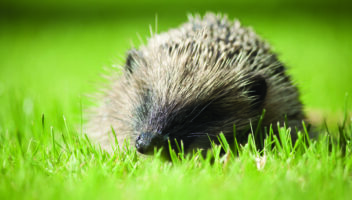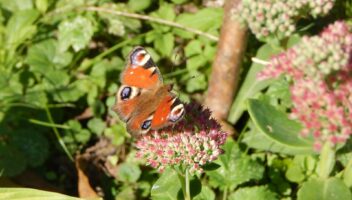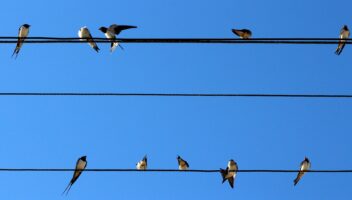Most of us who love our gardens also love the wildlife they attract – butterflies, bees and birds and more.
By choosing the right plants, you can easily create a garden to support insect life. But when it comes to caring for our feathered friends, some extra help with food, water and shelter can help encourage a fantastic range of bird life into your back garden.
Our guide offers helpful tips on what you can do all year around to care for the birds in your garden.
When to Feed Birds?
According to birdcare experts, like Westland Horticulture, wild birds should be fed all year round. This is so:
- They know where to go for food
- They can find food easily during times of natural shortages – which aren’t always the times we think they are
Birds have different feed and care need depending on the season.
Spring Bird Care
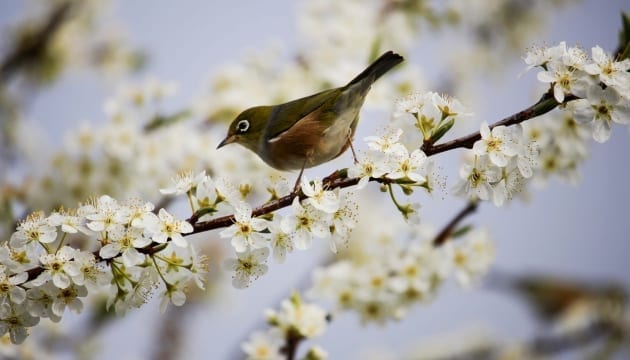
Spring is the key breeding season for birds. With many natural habitats in decline, birds are often in need of some friendly help. Migratory birds will be arriving back and, having expended tens of thousands of calories, will need feeds that are high in protein and essential oils to refuel their bodies after the long flight
Checklist
- Give high-protein bird food, like sunflower seeds
- Put up a nest box in early spring if you haven’t done so already
- Ensure clean water is available and doesn’t freeze in event of late frosts
Summer Bird Care
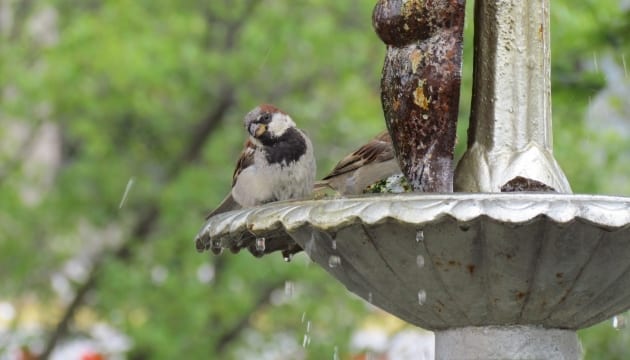
As the days get longer and the temperature rises the ground becomes harder, making it more difficult for birds to source worms. On hot days, birds need extra water – just as we do – to stay hydrated and maintain a cool body temperature.
Checklist
- Continue to feed regularly with a high protein food, like sunflower seeds
- Top up water frequently
Autumn Bird Care

Autumn is a season of transition for birds. Some will be seeking food to fuel their long migration. Others moult in preparation for winter. With days getting shorter, there is limited daylight for them to seek out the sustenance they need. This is the season to support them with extra food and clean water in a safe environment.
Checklist
- Provide bird food with high-fat content, like suet fat snax, to support migrating birds
- Continue to feed regularly
- Top up water frequently
- It’s never too early to put up a nest box – from autumn onwards they provide winter shelter and a place to nest once spring arrives.
- If you already have a nest box, clean it between 1 September and 31 January, once any chicks have fledged
Winter Bird Care
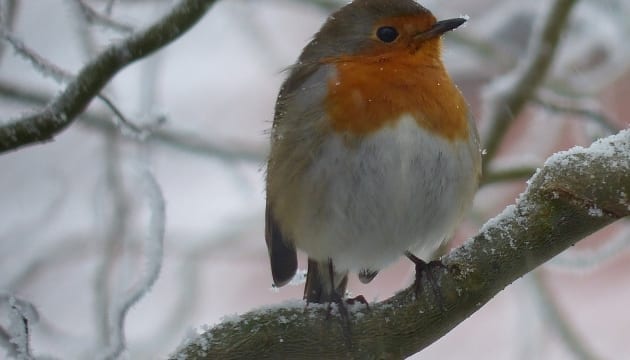
The cold winter months, when frost and snow may be on the ground, make it hard for birds to find natural food sources. Bird foods with a high fat content help provide the energy needed to survive the winter months.
Checklist
- Frequently top up bird food and choose feed with a high fat content, like suet fat snax
- Put fresh water out daily, as it freezes over easily in winter
- Put up a nest box for added winter shelter, if you didn’t do so already in autumn
Which Bird Feed?
Birds appreciate a wide range of foods. By putting out a selection of seed blends and suets you can attract a variety of species. To ensure a constant supply of food, put out feed twice a day in the morning and afternoon.
These are the favoured snacks of some of our most-loved species:
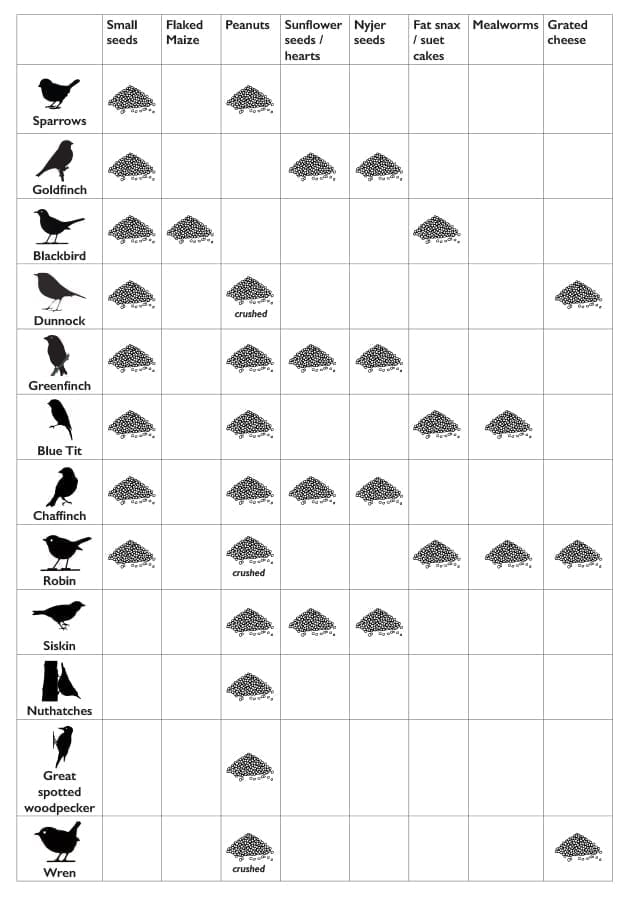
Food Not to Give to Birds
A number of foods are unsuitable and even deadly for wild birds:
- Salted or dry roast peanuts
- Polyunsaturated margarines or vegetable oils
- Dried dog and cat biscuits (choking hazard)
- Milk (can’t digest)
- Dried coconut (can swell internally and be fatal)
- Cooked porridge (can harden around beaks)
- Mouldy or stale food (may carry bacteria)
Helpful Hints All Year Around
Dining Spots
Like humans, garden birds all have their preferred places to eat. Some love feeding on the ground, others in the trees, some happily in the open and others only under cover. To attract a wide range of birds to your garden, provide a variety of feeding sites and types.
Keep it Clean
Every year, birds die as a result of diseases caught from dirty water bowls and bird feeders. To keep your birdlife healthy, keep your feeders and water bowls clean. Rotate feeding areas around the garden to prevent bacteria from building up on the ground and clean feeding areas with a mild disinfectant.



